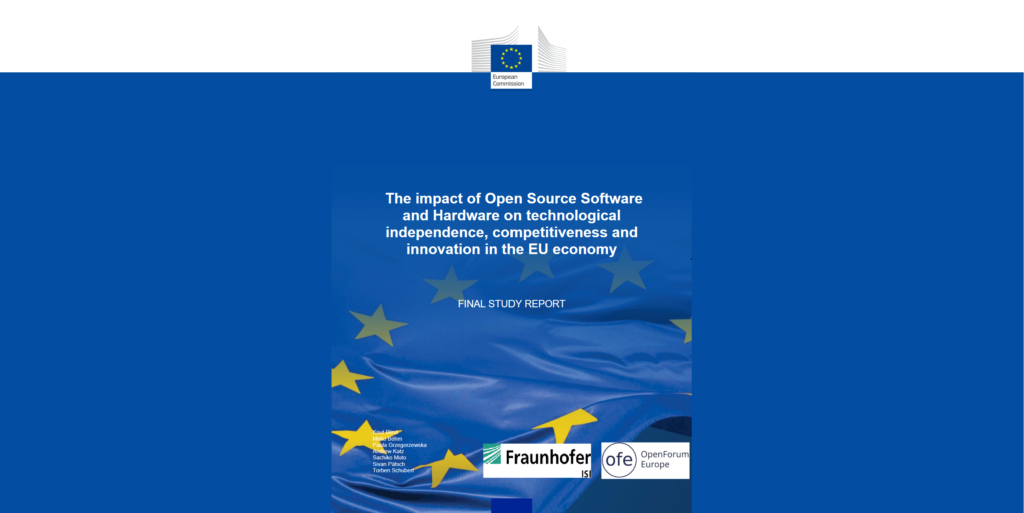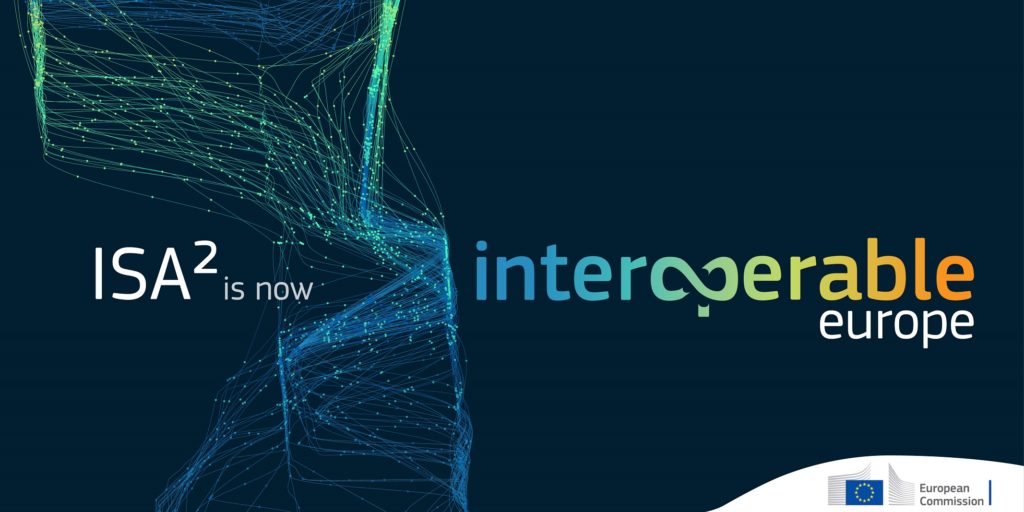Commission makes software available to all to benefit businesses, innovators and areas of public interest
The European Commission has adopted new rules on Open Source Software that will enable its software solutions to be publicly accessible whenever there are potential benefits for citizens, companies or other public services. The recent Commission study on the impact of Open Source Software and Hardware on technological independence, competitiveness and innovation in the EU economy showed that investment in open source leads on average to four times higher returns. The Commission services will be able to publish the software source code they own in much shorter time and with less paperwork.

Commissioner for Budget and Administration, Johannes Hahn, said: “Open source offers great advantages in a domain where the EU can have a leading role. The new rules will increase transparency and help the Commission, as well as citizens, companies and public services across Europe, benefit from open source software development. Pooling of efforts to improve the software and the co-creation of new features lowers costs for the society, as we also benefit from the improvements made by other developers. This can also enhance security as external and independent specialists check software for bugs and security flaws.”
Commissioner for Innovation, Research, Culture, Education and Youth, Mariya Gabriel, said: “The Commission aims to lead Europe’s digital transition by example. With the new rules, the Commission will bring significant value to companies, start-ups, innovators, citizens and public administrations by open sourcing its software solutions. This decision will also spur innovation, building thanks to publicly available Commission code.”
An example of the benefits of open sourcing is eSignature, a set of free standards, tools and services that help public administrations and businesses accelerate the creation and verification of electronic signatures that are legally valid in all EU Member States.
A second example is LEOS, (Legislation Editing Open Software), the software used across the Commission to draft legal texts. Originally written for the Commission, LEOS is now being developed in close collaboration with Germany, Spain and Greece.
All Commission open source software available in one place
The Commission will make its software available as open source in one single repository to facilitate access and reuse. Before its release, each software will be checked to avoid security or confidentiality-related risks, data protection issues or infringement to intellectual property rights of third parties.
With this decision, many actions will be facilitated and improved:
- The dissemination of software under an open source licence will no longer require a Commission Decision.
- Where possible, Commission services will progressively review all software developed prior to the adoption of these new rules and identify the ones that have the potential to bring value outside the Commission.
- The Commission now allows its software developers to contribute to open source projects with improvements that they developed as part of their work.
The Commission already shares hundreds of software projects as open source, including software developed for the Connecting Europe Facility, Eurostat, the Interoperable Europe Programme (Interoperability solutions for public administrations, businesses and citizens programme, the former ISA² programme), and for the Joint Research Centre.

Background
The EU’s digital strategy aims to make digital transformation work for people and businesses, while helping to achieve its target of a climate-neutral Europe by 2050. President Ursula von der Leyen has made the digitalisation of the Commission a priority, to help stimulate the digital transition and to ensure that the Commission leads by example.
These rules follow the Commission’s Open Source Software Strategy 2020-2023, which under the theme ‘Think Open’, has set out a vision for encouraging and leveraging the transformative, innovative and collaborative power of open source, its principles and development practices. The Strategy contributes to the goals of the overarching Digital Strategy of the Commission and the Digital Europe programme.
For More Information
New rules on Open Source Software
The Commission’s Open Source Software Strategy 2020-2023
Original post: https://ec.europa.eu/commission/presscorner/detail/en/ip_21_6649
